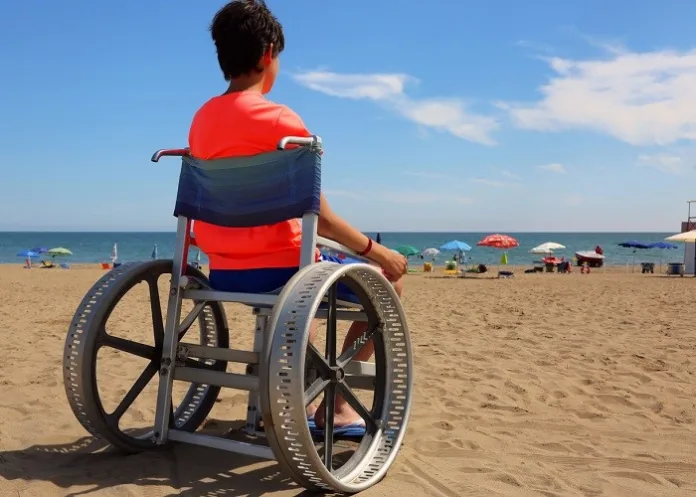Despite some reservations, US Food and Drug Administration advisers have recommended the agency approve the first gene therapy for Duchenne muscular dystrophy, the most common form of the genetic illness.
The vote, eight to six, came after a day of testimony from speakers for Sarepta Therapeutics, the maker of the gene therapy called SRP-9001, FDA scientists, and families whose children have Duchenne muscular dystrophy.
The question before the panel was whether the benefits for the treatment outweigh the risks, reports NPR.
While the FDA is not bound by the recommendations of its outside advisers, it usually follows them. The agency is expected to decide by the end of May.
Duchenne muscular dystrophy is the most common inherited neuromuscular disorder among children, leading to progressive muscle damage, loss of ability to move and eventually death.
Sarepta’s treatment involves a single infusion of viruses that has been genetically modified to carry a gene to patients’ muscles to produce a miniature version of a protein called dystrophin.
Patients with Duchenne muscular dystrophy are missing the muscle-protecting protein or don’t make enough of it. While not a cure, Sarepta says its “micro-dystrophin” treatment can help slow the disease’s progression.
Experts divided
The company’s request for approval rested mainly on how much micro-dystrophin the treatment produces in patients’ muscles – instead of waiting for clear, real-world evidence that it’s actually helping patients.
Sarepta presented a complicated mix of results from animal and human studies to support its application for an accelerated approval of SRP-9001.
Dr Craig McDonald from the University of California-Davis, who testified for the company, said: “We cannot afford to delay access to this transformational treatment.” There was evidence, he added, that micro-dystrophin levels after treatment are a good measure of its effectiveness, and that Sarepta does have preliminary evidence the treatment is, in fact, helpful.
FDA scientist Dr Mike Singer said some of the agency’s concerns were related to the manufacturing. A process change had led to reduced purity for the gene therapy in later production.
“Others involve the non-clinical data, the results from animal studies,” he added.
“There are also uncertainties about … how to know which patients it might help, and which it wouldn’t.”
There were also concerns about safety, including some cardiac and liver reactions.
Questions about confirmatory study completion
There was also discussion about an ongoing clinical study that is expected to reach a key milestone in September, which could provide confirmatory evidence on the therapy’s effectiveness.
The FDA is evaluating the drug under an accelerated approval path that allows the company to provide preliminary data to start and then to follow up with more direct evidence.
Some members raised concerns about whether the company would see the study through, since it has not finished four previous confirmatory trials for different products.
Another issue is whether families would allow children receiving a placebo to stay in the confirmatory study if the FDA approves the drug in May, before the study is done.
A company official said the risk of patients dropping out is low because the quickest route to treatment is to remain in the study. Also, most of the patients are far along in the study already.
Dr Peter Marks, head of the FDA’s Centre for Biologics Evaluation and Research, said the agency was “very serious” about making sure the confirmatory study gets completed, that recent legislation gave the FDA more teeth to hold drugmakers accountable for following through with their obligations after receiving an accelerated approval.
NPR article – FDA advisers narrowly back first gene therapy for muscular dystrophy (Open access)
See more from MedicalBrief archives:
Red flags after volunteer’s death in US gene editing study
Gene helps muscle to repair itself
AHA names 2021’s top heart disease and stroke research advances

